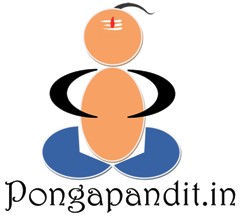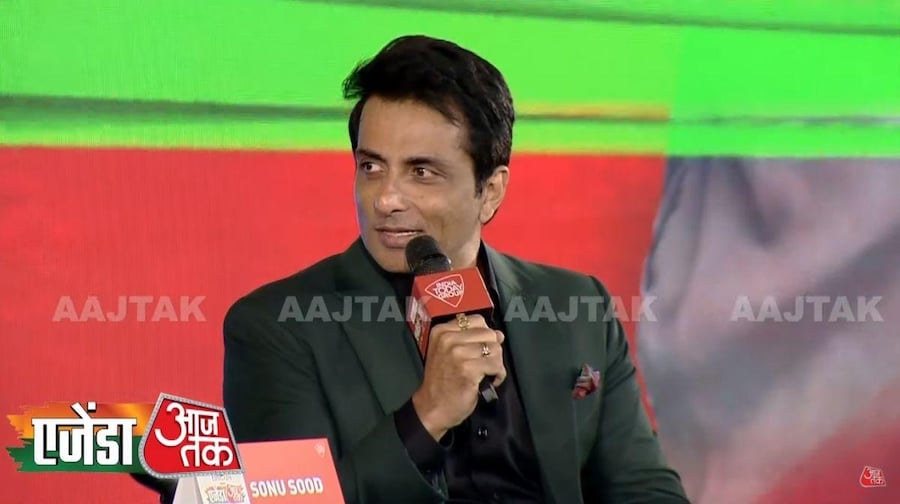| Increff, a leading innovator of inventory optimization solutions for e-commerce, fashion, and retail brands, today launched its first-ever ‘E-commerce Festive Season Sales Report – 2021‘.The findings are based on the fashion and apparel sales data of over 1.5 million ordesrs processed by Increff’s Warehouse Management System (WMS) during the Flipkart Big Billion Day (BBD) & Amazon Great Indian Festival sale this year.
The pandemic upended the retail industry in 2020, with many businesses either perishing or struggling to survive multiple lockdowns and other developments. However, with the gradual decrease in COVID cases, 2021 saw the Indian e-retail market grow by 25% despite a 2-month national lockdown and multiple prolonged disruptions in regional pockets over the year.* Increff’s E-commerce Festive Season Sales Report 2021 findings’ corroborated this fact that businesses were seen getting back on track with a higher revenue contribution from the top 20 cities in 2021 vis-a-vis 2020. Speaking on the launch of the report, Anshuman Agarwal, Co-founder, Increff said, “Despite the pandemic’s large-scale disruptions, this year we observed the return of the festive cheer and delight that comes with shopping especially during the festive sales. Through this report, our aim is to instill a sense of confidence in e-tailers, especially those who have faced losses during the pandemic by showcasing that businesses across scales are bouncing back strongly more than ever now. We at Increff will continue to play the role of a catalyst in supporting the growth of Indian fashion & apparel businesses by equipping them with cutting-edge technologies like WMS to foster their growth.” Other key findings from the report were: · Region-based · Bangalore, Hyderabad & Pune contributed to 12.6% of total revenue during the Flipkart & Amazon festive sales, but shopped at lower ASPs and higher discounts as compared to the national average · The highest percentage of COD orders, 71%, was received from the North-Eastern states, indicating the fear of order cancellations due to inconsistent delivery time and uncertainty of order fulfillment · During both the sales this year, there was a higher revenue contribution from East India as compared to West India. East also shopped at a higher ASP (INR 1,178) & lower discount compared to the national average (54%) · Gender-based · Women’s wear was shopped more (40.7%)as compared to Men’s (38.2%) and Kidswear (21.1%) · Category-based · While both men’s and women’s shopping trends were driven by discounts, women’s buying (61.4%) was much more influenced by discounts than that of men (54.5%) · Due to lockdown and extended periods of work-from-home, people were observed to be looking for relaxing options like track pants. Athleisure wear was also more in demand compared to jeans & trousers · Jackets and sweatshirts were one of the top choices among the buyers in the clothing categories with high revenue contributions. Jackets had the highest ASP of INR 2,154 and a discount percentage of 55%, whereas Sweatshirts were sold at an ASP of INR 1,211 and a discount percentage of 57% About Increff Increff helps fashion brands & retailers optimize inventory and improve sales velocity by 2 to 3x via Assure and Iris platforms. Backed by Binny Bansal, Sequoia, and 021 Capital, Increff serves the likes of Aramex, Namshi, hummel, GAP, GANT, Landmark Group, Lenskart, Puma, Celio, Pepe Jeans, Levi’s, Calvin Klein, Tommy Hilfiger, Adidas, Vero Moda, Wincanton, Mango, Blackberrys, Amazon among others. For more information, please visit www.increff.com. *Reference: Bain & Company and Flipkart Report titled – How India Shops Online 2021 |
(Disclaimer: The above press release comes to you under an arrangement with Newsvoir India and this publication takes no editorial responsibility for the same.)









 timed with the oncoming of winters and aims to provide convenience and warmth to customers in the comfort of their home.
timed with the oncoming of winters and aims to provide convenience and warmth to customers in the comfort of their home. “Finolex Cables has been one of the front runners in providing some of the best quality consumer durable products and the customer response has been deeply encouraging. Our aim is to constantly pre-empt and offer products that are need of the hour with customer centricity being the binding factor. Our entry into the room heater segment is a true representation of a brand that is consumer’s first choice.”
“Finolex Cables has been one of the front runners in providing some of the best quality consumer durable products and the customer response has been deeply encouraging. Our aim is to constantly pre-empt and offer products that are need of the hour with customer centricity being the binding factor. Our entry into the room heater segment is a true representation of a brand that is consumer’s first choice.”